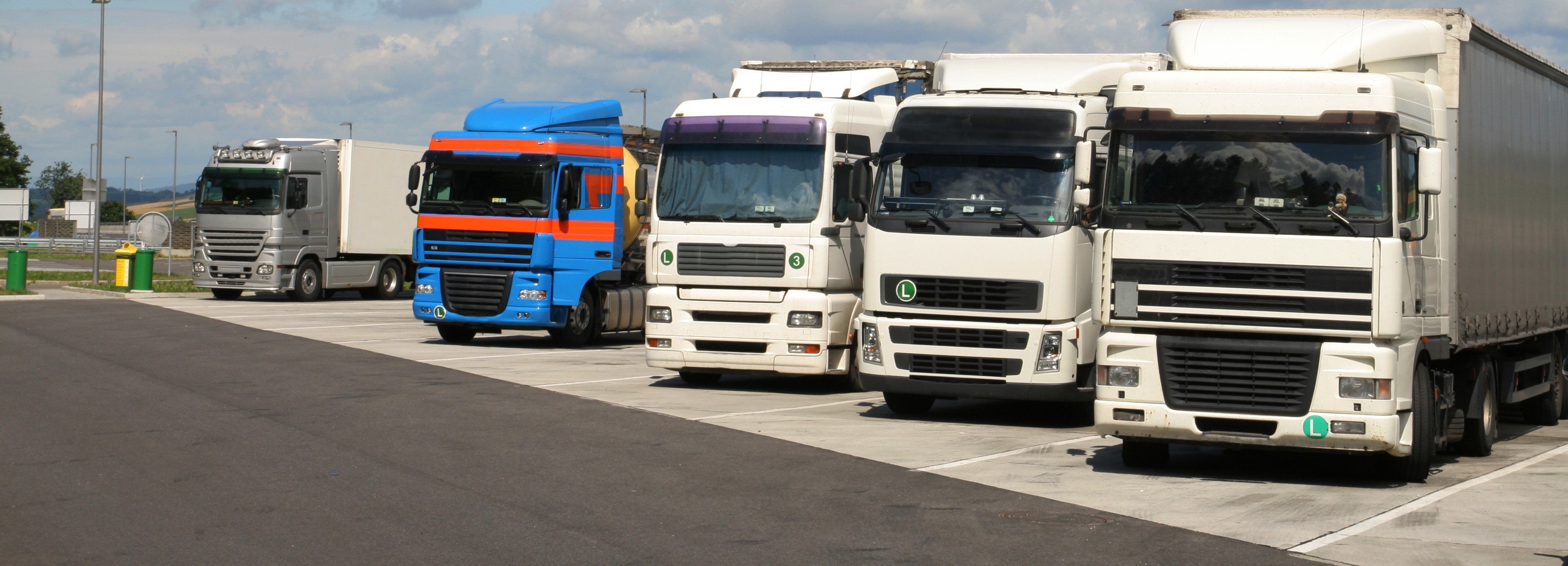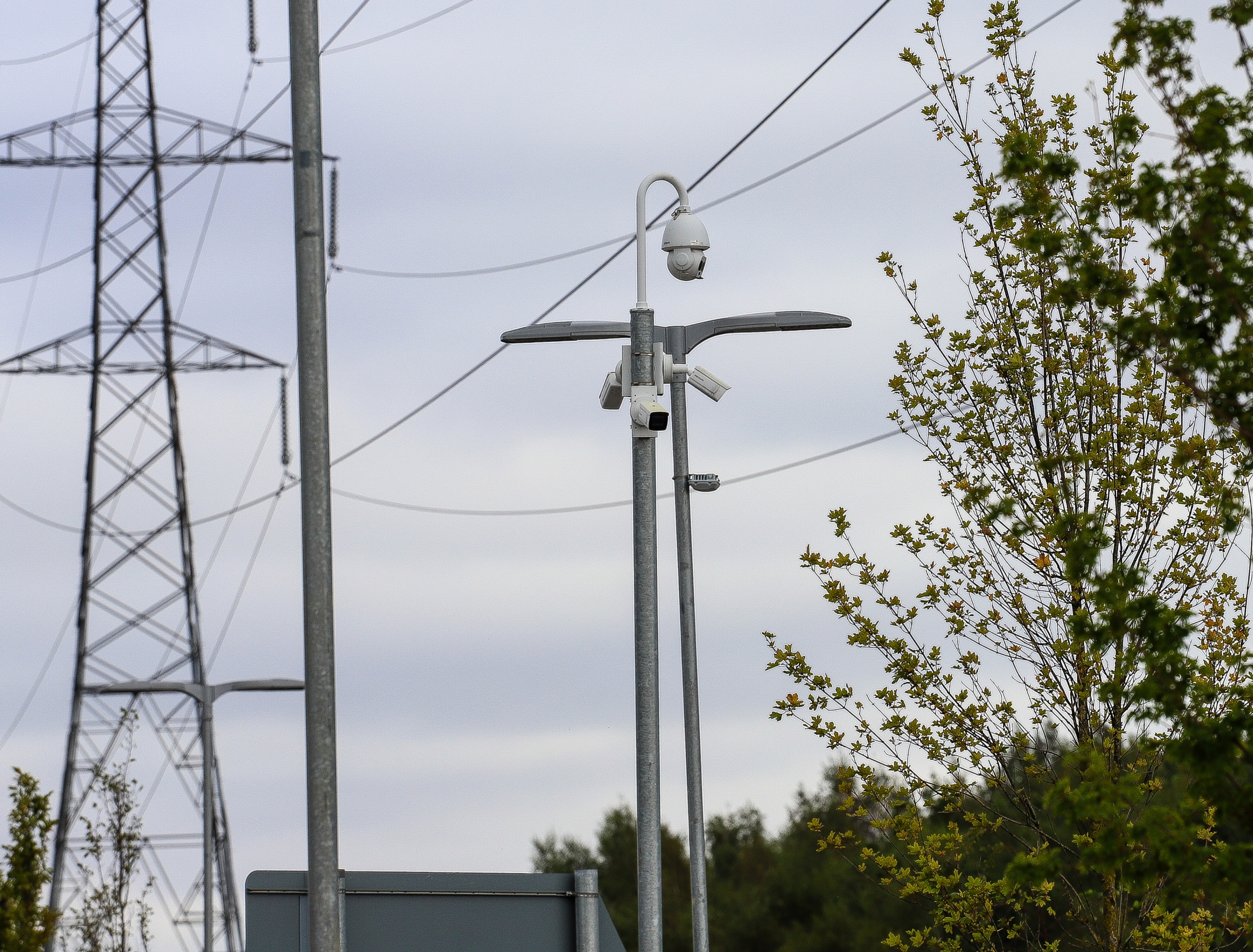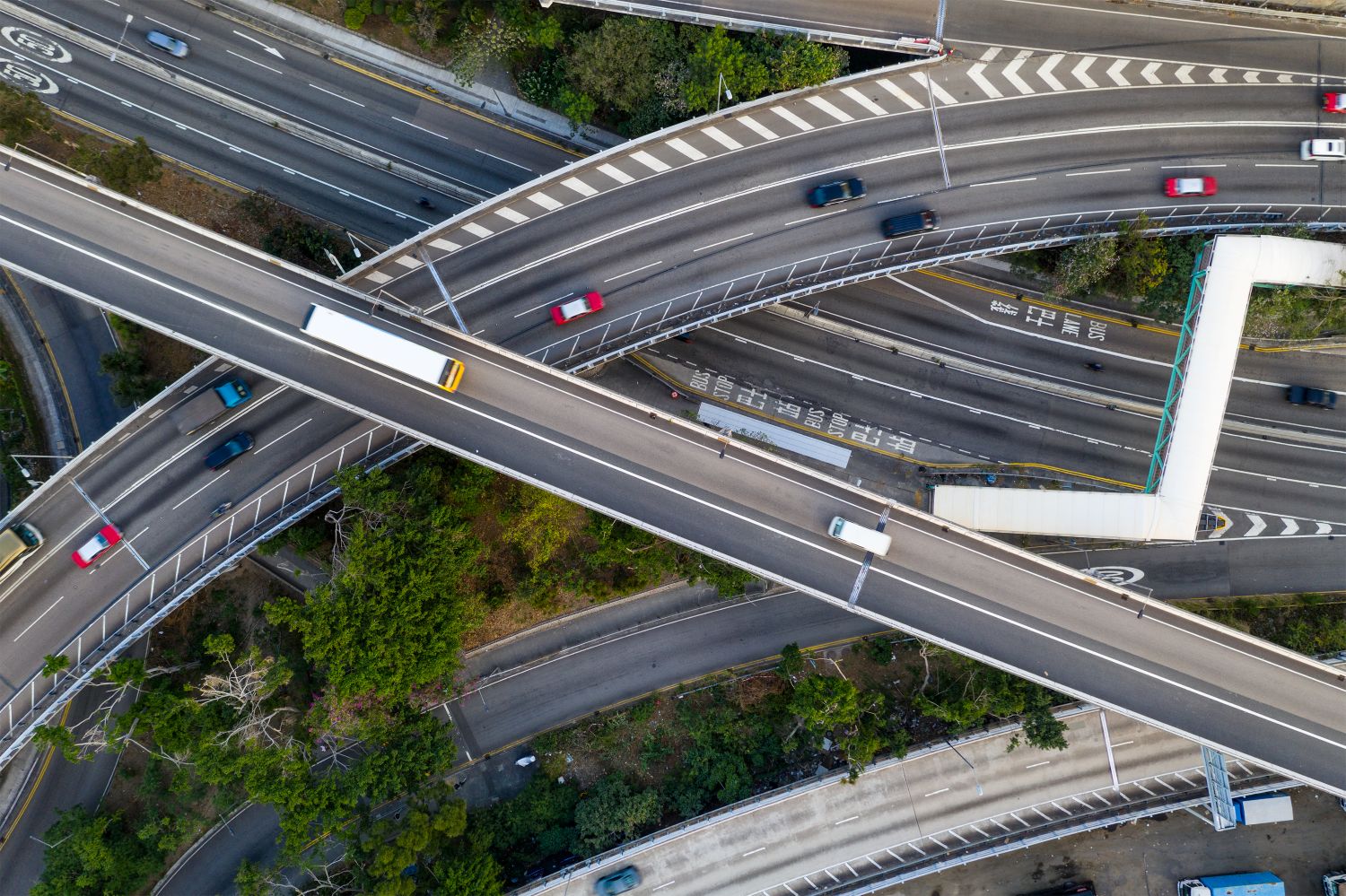
Miranda Blake
Wat is 'veilig parkeren voor vrachtwagens'? Chauffeurs aan het woord
Gemaakt: 09-12-2024
•
Bijgewerkt: 09-12-2024
Een van de grootste uitdagingen voor chauffeurs is het vinden van veilige parkeergelegenheden. Uit een onderzoek van branchewaakhonden blijkt dat velen vinden dat de beveiliging bij truckstops niet voldoet.
Laten we ons verdiepen in de verschillende aspecten die bijdragen aan een veilige truckparking vanuit het perspectief van de chauffeur, waarbij we de essentiële maatregelen en voorzieningen bekijken. Daarnaast kijken we naar de algehele omgeving die een gevoel van bescherming bevordert.
De rol van vrachtwagenparkeren in logistiek
Vrachtwagenchauffeurs moeten parkeren om te voldoen aan strenge regels met betrekking tot rusttijden. Bovendien hebben ze locaties nodig waar ze kunnen rusten, tanken en opfrissen zonder de angst voor inbraak of vandalisme. Aangezien ongeveer 81% van de vracht over de weg wordt vervoerd, is de vraag naar beveiligde vrachtwagenparkeerplaatsen echt cruciaal voor het succes van de sector.
Inadequate maatregelen kunnen leiden tot ernstige gevolgen, zoals ladingdiefstal, voertuigschade en persoonlijke veiligheidsproblemen. Dit heeft ertoe geleid dat bestuurders vaak hun frustratie uiten - het kan hen ervan weerhouden om pauzes te nemen en uiteindelijk hun prestaties op de weg beïnvloeden.
Essentiële maatregelen
Een fundamenteel aspect van beveiligde vrachtwagenparkeerplaatsen is de implementatie van fysieke barrières. Robuuste omheiningen zijn essentieel om toegang door onbevoegden te voorkomen. Gecontroleerde in- en uitgangen, zoals poorten die met een sleutelkaart of code toegankelijk moeten zijn, zijn noodzakelijk. Dergelijke maatregelen verkleinen de kans op inbraken aanzienlijk en vergroten de algehele veiligheid.
Effectieve verlichting is ook noodzakelijk. Goed verlichte gebieden ontmoedigen criminele activiteiten en geven chauffeurs een gevoel van bescherming en het vertrouwen om door truckstops te navigeren, vooral 's nachts.
Uitgebreide videobewaking is een ander belangrijk aspect. CCTV-camera's moeten de hele parkeergelegenheid bestrijken, zodat activiteiten constant kunnen worden gevolgd en opgenomen. Veel vrachtwagenchauffeurs stellen het op prijs om te weten dat hun voertuigen en lading 24/7 onder toezicht staan, omdat het een effectief afschrikmiddel kan zijn voor potentiële criminelen.
De aanwezigheid van getraind beveiligingspersoneel voegt een extra beschermingslaag toe. Beveiligers kunnen snel reageren op incidenten, hulp bieden en een zichtbare aanwezigheid handhaven die het algemene gevoel van veiligheid verbetert. Truckers voelen zich vaak meer op hun gemak als ze weten dat er professionals ter plaatse zijn om eventuele problemen op te lossen.
Gemakkelijk toegankelijke noodcommunicatiesystemen zijn essentieel - er moeten noodoproepsystemen of intercomsystemen zijn waarmee chauffeurs indien nodig snel contact kunnen opnemen met de beveiliging of crisisdiensten. In afgelegen gebieden waar onmiddellijke hulp misschien niet direct beschikbaar is, is deze functie bijzonder cruciaal.

Extra functies
Schone en goed onderhouden toiletten en douches worden ook zeer gewaardeerd, vooral tijdens lange reizen. Er moeten ook maatregelen worden genomen om ervoor te zorgen dat deze faciliteiten afgesloten en bewaakt zijn - dit verhoogt niet alleen het comfort van de bestuurder, maar draagt ook bij aan hun algemene gevoel van veiligheid.
Hoewel niet direct gerelateerd aan veilig parkeren voor vrachtwagens, kunnen extra voorzieningen het algehele comfort van een parkeerplaats aanzienlijk verbeteren. Eet- en drinkgelegenheden, WiFi-toegang en elektrische aansluitingen voor koelwagens zorgen voor een meer gastvrije ruimte. Basisonderhoudsdiensten kunnen ook nuttig zijn, zodat vrachtwagenchauffeurs kleine problemen kunnen oplossen zonder het terrein te verlaten.
Een betere omgeving creëren
Een beveiligde vrachtwagenparkeerplaats moet ook effectief voor chauffeurs zorgen. Veel van hen hebben gedeeld dat ze zich ondergewaardeerd voelen op bepaalde locaties, wat hun ervaring negatief kan beïnvloeden. De locaties die vrachtwagenchauffeurs met respect behandelen en een vriendelijke sfeer bieden, moedigen herhaalbezoeken aan en bevorderen loyaliteit.
Investeren in de opleiding van personeel is noodzakelijk om dit te verbeteren. Werknemers moeten de unieke behoeften van vrachtwagenchauffeurs begrijpen en weten hoe ze een uitstekende klantenservice moeten bieden.
Aandacht voor de zorgen van chauffeurs
Het is belangrijk om te weten dat vrouwelijke chauffeurs, die een klein percentage van het vrachtwagenpersoneel uitmaken, vaak te maken hebben met extra uitdagingen op het gebied van veiligheid. Veel vrouwen geven aan dat ze zich onveilig voelen in een overwegend mannelijke omgeving, vooral wanneer truckstops niet over adequate veiligheidsmaatregelen beschikken - het is van vitaal belang om rekening te houden met hun specifieke behoeften en stappen te ondernemen om ervoor te zorgen dat ze zowel veilig als gelukkig zijn.
Een andere overweging is dat sommige chauffeurs specifieke dieetwensen hebben. Het aanbieden van gezonde voedingsopties en het tegemoetkomen aan verschillende dieetwensen kan hun ervaring verbeteren en bijdragen aan het positieve welzijn van de chauffeurs.
De toekomst van beveiligde vrachtwagenparkeerplaatsen
Innovaties zoals slimme bewakingssystemen, automatische toegangscontroles en realtime monitoring kunnen de maatregelen aanzienlijk verbeteren. Truckstops die in dergelijke oplossingen investeren, hebben een grotere kans om meer vloten en chauffeurs aan te trekken die op zoek zijn naar veilige opties.
Om de uitdagingen op dit gebied aan te pakken, is samenwerking nodig tussen verschillende belanghebbenden, waaronder overheidsinstanties, logistieke bedrijven en beheerders van parkeerfaciliteiten. Door samen te werken kunnen deze groepen uitgebreide strategieën ontwikkelen om de veiligheid en de hele ervaring voor vrachtwagenchauffeurs te verbeteren.
Pleiten voor beleidsveranderingen die prioriteit geven aan de behoeften van chauffeurs is cruciaal voor het creëren van veiligere omgevingen. Brancheorganisaties en belangengroepen kunnen een belangrijke rol spelen bij het vergroten van het bewustzijn over het belang van veilig vrachtwagenparkeren en aandringen op wetswijzigingen die infrastructuurverbeteringen ondersteunen.
Veilige services zoeken
Hier bij SNAP hebben we de veiligheid van chauffeurs hoog in het vaandel staan en helpen we truckparken dit te doen door middel van onze speciale Access & Security divisie. Van ANPR-camera's en software tot betaalterminals tot slagbomen tot toegangssystemen tot CCTV-camerasystemen, wij stellen alles in het werk om truckers, voertuigen en vracht zo goed mogelijk te beschermen voor truckstops, MSA's, vlootdepots en meer.
Je kunt hier meer te weten komen over SNAP Access & Security, of ontdek onze andere diensten (zoals parkeren en wassen) op de SNAP website.



